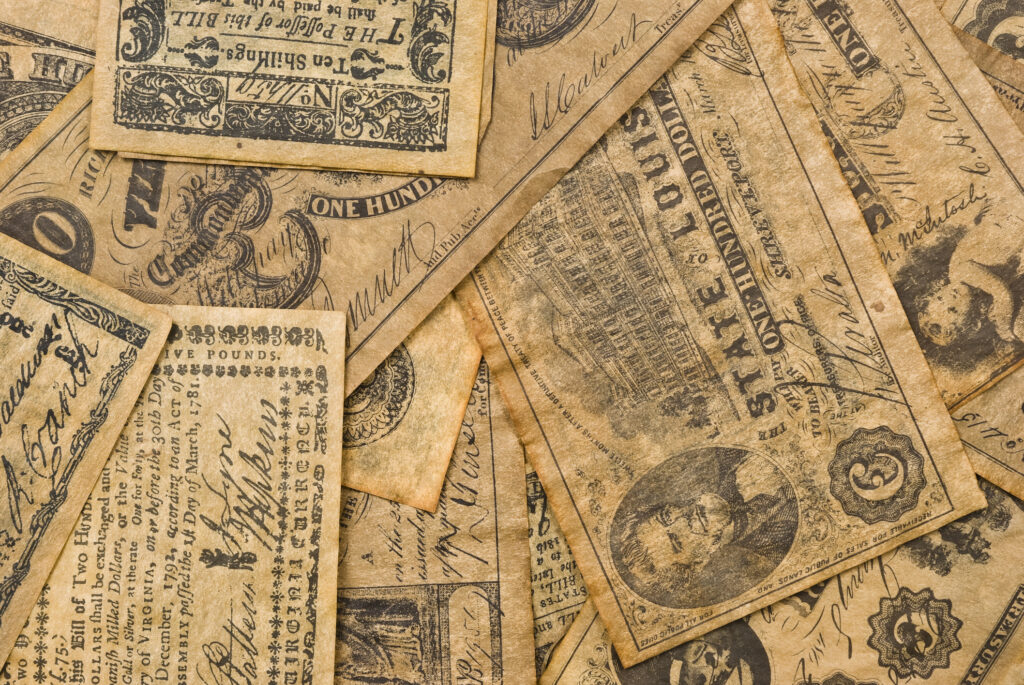On February 25, 1862, an important milestone was reached in America's financial history as Congress passed a law that created the United States Bureau of Engraving and Printing (BEP). This agency was tasked with producing the nation's paper currency—which eventually became known as "United States Notes."
A Revolutionary Move
This move marked a revolutionary shift in America's economic policy as it allowed the federal government to issue money backed by its own resources instead of relying on private banks. At the time, paper currency was issued by state-chartered banks whose notes could fluctuate wildly in value due to market forces or bad debts. Centralizing this process allowed for greater stability in circulation and gave the public more confidence in their money.
The BEP was also beneficial to the government itself as they could take out loans without having to worry about unscrupulous financiers manipulating the market or creating an unstable banking system. It also meant that taxes could be collected more easily and with less hassle; businesses no longer had to accept unreliable "scripts" or IOUs when buying things from governmental agencies.
Shaping Our Financial System
This change would go on to shape our financial system for generations to come. Not only did it free the country from its dependence on private bankers, but it also gave greater powers to Congress when it came to regulating commerce across different states. With regular paper currency circulating through markets and businesses alike, trade quickly expanded between different regions, allowing for faster growth and development throughout America.
Furthermore, this new system allowed for better oversight when it comes to how much money is printed—something which was often abused by private entities before its introduction. This safeguard was especially important during times of war or economic crises and prevented governments from suffering from hyperinflation due to excessive issuance of money.

